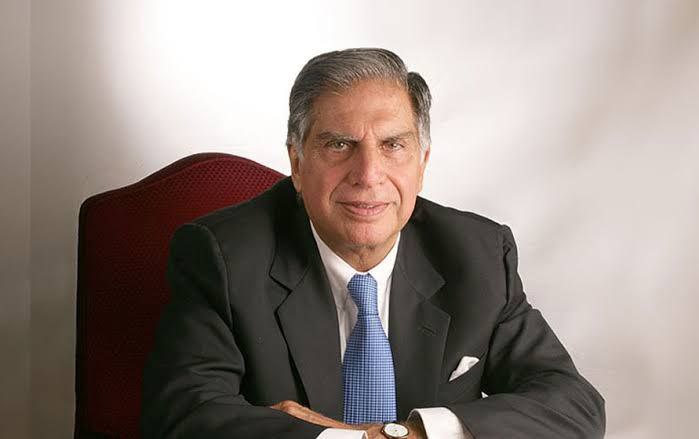Ratan Tata’s Journey
INSPIRATIONAL


Ratan Tata is a well-known Indian industrialist, philanthropist, and former chairman of the Tata Group, one of India’s largest and oldest conglomerates.
His journey is marked by significant achievements and contributions to the business world and society.
Here are some key details about Ratan Tata’s journey:
Early Life and Education: Ratan Naval Tata was born on December 28, 1937, in Mumbai, India. He is the grandson of Tata Group’s founder, Jamsetji Tata. He completed his schooling in Mumbai and later pursued architecture at Cornell University in the United States. He also completed the Advanced Management Program at Harvard Business School.
Entry into the Tata Group: Ratan Tata joined the Tata Group in 1962. He initially started on the shop floor of Tata Steel, one of the group’s flagship companies. He gained hands-on experience in various divisions of the company, learning the intricacies of the business.
Business Expansion and Diversification: Under Ratan Tata’s leadership, the Tata Group witnessed significant expansion and diversification. The group ventured into various sectors such as automobiles (Tata Motors), information technology (Tata Consultancy Services), steel, telecommunications (Tata Communications), and hospitality (Taj Hotels), among others. Tata’s vision was to transform the group into a global powerhouse.
International Acquisitions: Ratan Tata led several high-profile acquisitions that increased the group’s global presence. One of the most notable acquisitions was the purchase of Jaguar Land Rover (JLR) in 2008, which catapulted Tata Motors into the international luxury automobile market.
Innovative Initiatives: Ratan Tata is known for his innovative thinking and willingness to take risks. He championed the development of the Tata Nano, a low-cost car aimed at providing affordable transportation to millions of Indians.
Corporate Social Responsibility: Ratan Tata has been a strong advocate of corporate social responsibility. Under his leadership, the Tata Group launched several philanthropic initiatives, including the Tata Trusts, which focus on education, healthcare, and rural development.
Leadership Style: Ratan Tata is admired for his ethical leadership and commitment to business integrity. He emphasized the importance of ethical behavior, corporate governance, and sustainable business practices.
Retirement and Legacy: Ratan Tata retired as the chairman of the Tata Group in 2012, but he continued to be involved in various philanthropic and business activities. His tenure as chairman marked a transformative era for the group, and he is often regarded as one of India’s most influential business leaders.
Throughout his journey, Ratan Tata’s contributions to the Tata Group and to India’s business landscape have been significant, and he remains an inspiration to aspiring entrepreneurs and business leaders.

